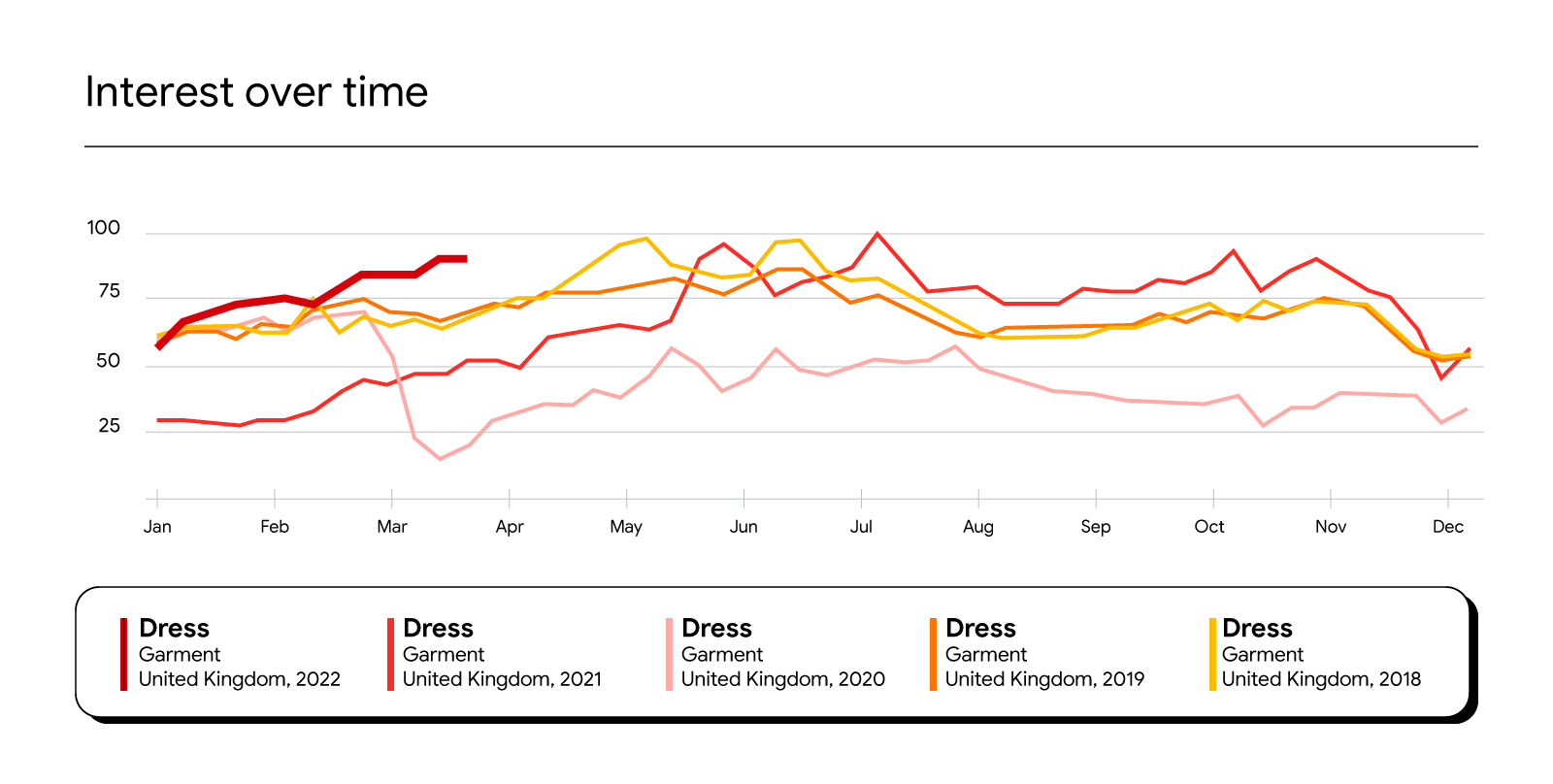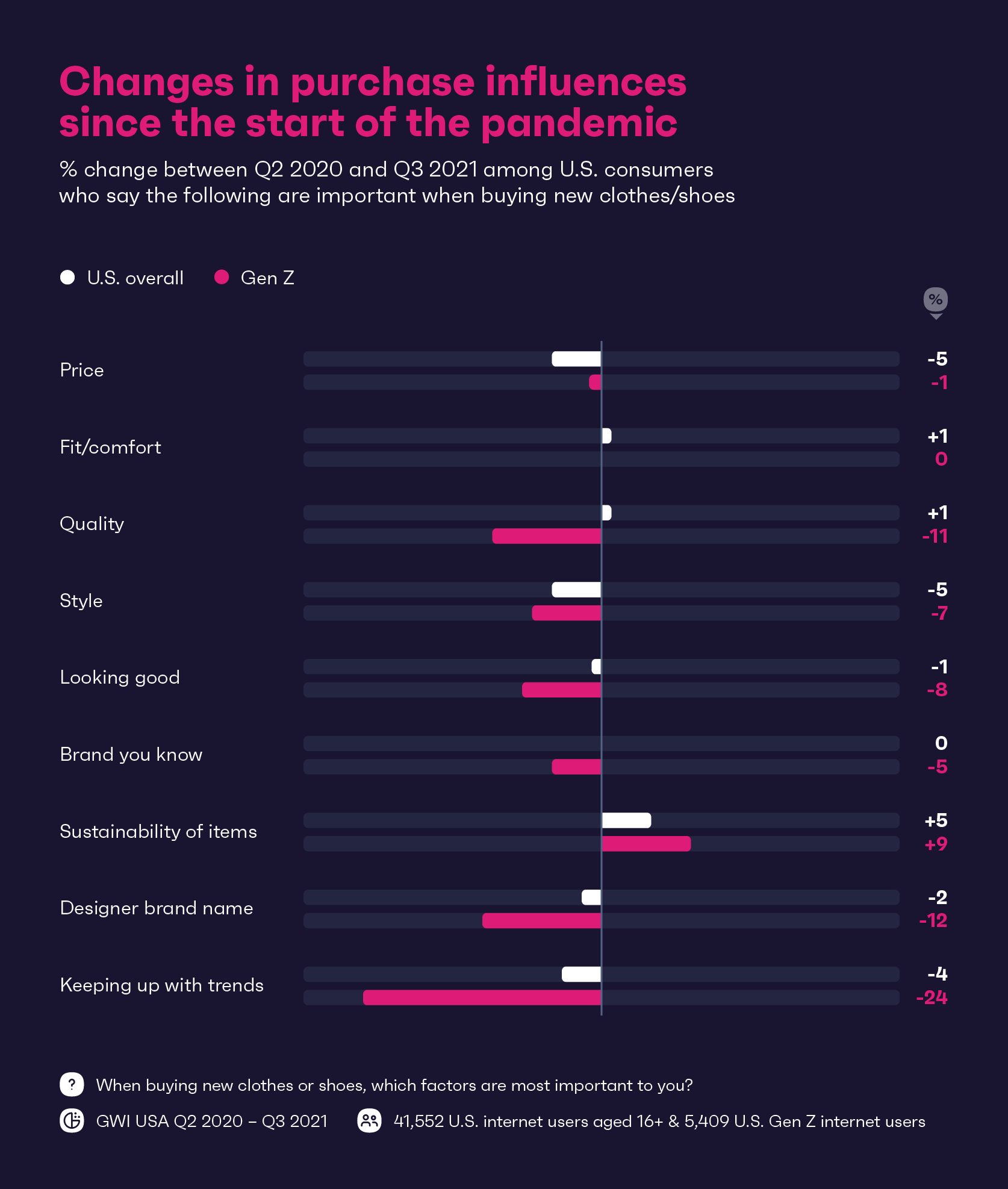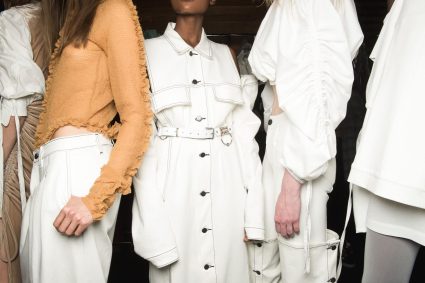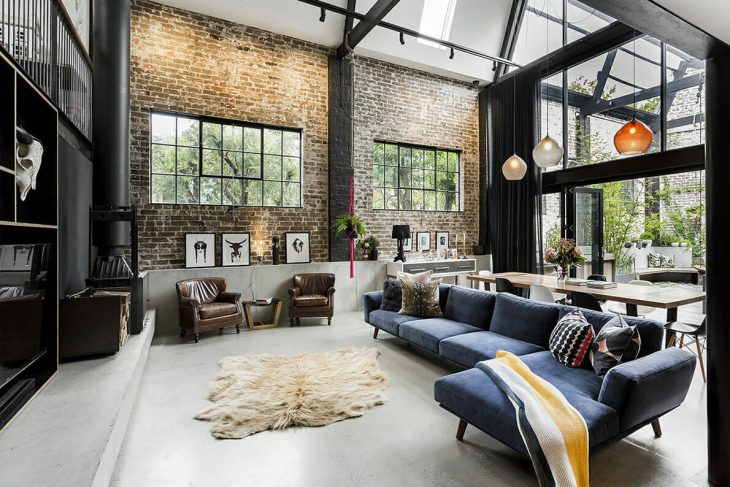

!
Sustainable fashion has been on the rise in recent years as consumers become increasingly aware of the environmental and social impacts of the fashion industry. Consumers are starting to demand more sustainable and ethical practices from the brands they buy from, and as a result, many companies are starting to change their business models to meet these demands.
One of the main drivers of this change is the growing awareness of the negative impacts of the fashion industry on the environment. The fashion industry is one of the most polluting industries in the world, responsible for a significant amount of carbon emissions, water pollution, and waste. Consumers are becoming more conscious of the impact their purchasing decisions have on the planet, and are seeking out brands that are committed to sustainability.
In addition to environmental concerns, consumers are also becoming more aware of the social impacts of the fashion industry. Many fashion brands have been criticized for their use of sweatshop labor and other unethical practices. Consumers are starting to demand more transparency from companies about their labor practices and are looking for brands that treat their workers fairly.
As consumers become more vocal about their desire for sustainable and ethical fashion, many companies are starting to respond. Some are adopting sustainable practices such as using eco-friendly materials, reducing waste, and investing in renewable energy. Others are focusing on ethical practices such as paying workers a living wage and ensuring safe working conditions.
Overall, the rise of sustainable fashion is a positive trend that is driven by consumer demand. As more consumers demand sustainable and ethical practices from the brands they buy from, the fashion industry as a whole is likely to
network error





















